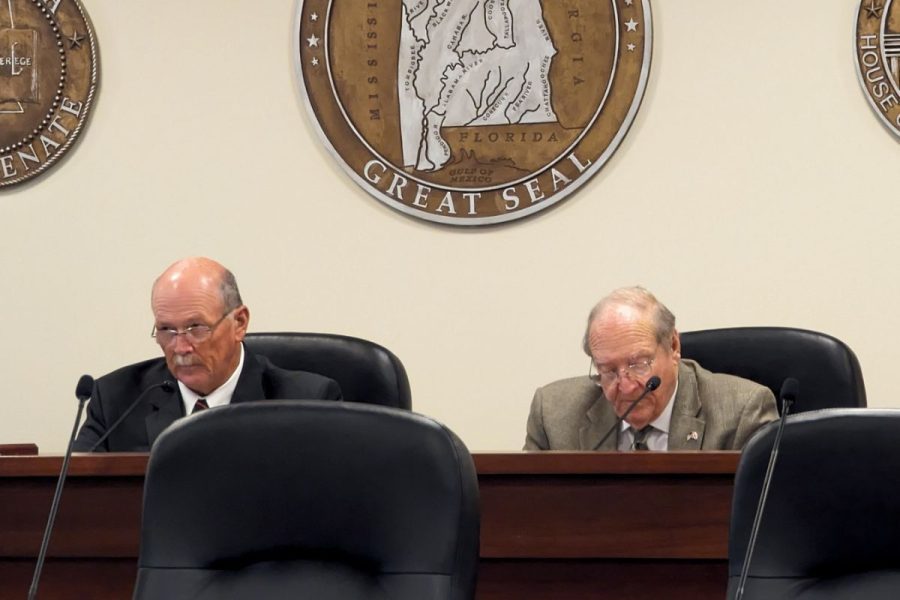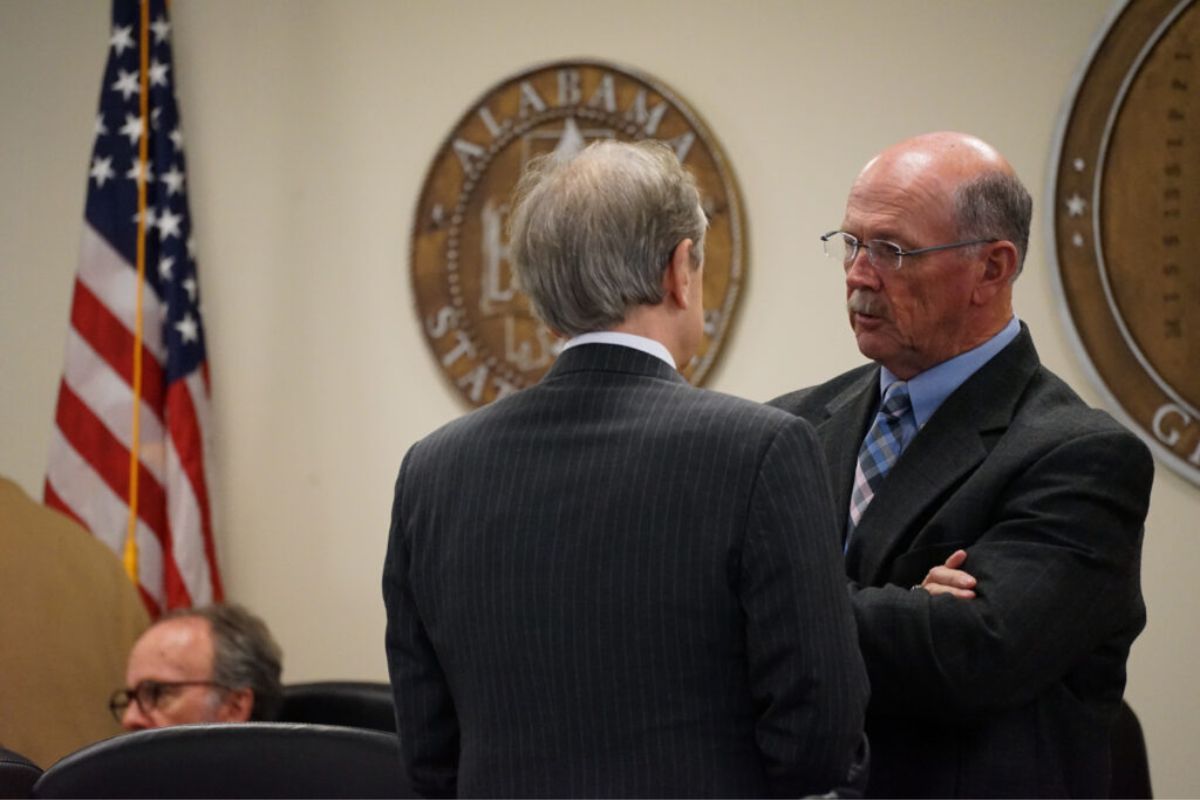Medical Cannabis Rules Proposed: The recent proposal by the Alabama Medical Cannabis Commission (AMCC) regarding rules for caregivers in medical facilities has sparked significant interest and debate within the healthcare community.
The potential implications of these proposed rules on patient access to medical cannabis are profound, particularly given the challenges associated with administering such treatment in medical settings. Legal hurdles and pending litigation further complicate the landscape, raising questions about the feasibility and practicality of the proposed regulations.
The intersection of medical cannabis and patient care is a complex issue that demands careful consideration and scrutiny.
Alabama Medical Cannabis Commission (AMCC) Proposes Rules for Caregivers in Medical Facilities
The Alabama Medical Cannabis Commission (AMCC) has proposed significant rule changes regarding caregivers in medical facilities, aiming to streamline licensing requirements and extend eligibility to professional caregivers, including relatives. Justin Aday, the commission’s general counsel, highlights the importance of addressing concerns through rules or potential legislation. The proposed changes seek to simplify the process for professional caregivers by eliminating screening test requirements and easing certification criteria, ultimately enhancing patient access to medical cannabis within medical settings.
While these amendments are designed to facilitate access, challenges persist regarding patients bringing medical cannabis into facilities. The AMCC recognizes the importance of ongoing collaboration with stakeholders to address any existing gaps and potential legislative needs. By extending licensing requirements to include professional caregivers who are relatives, the commission aims to ensure that patients benefit from the support and assistance necessary for the safe and effective use of medical cannabis within medical facilities. This move signifies a step towards a more streamlined and inclusive approach to caregiving in the context of medical cannabis administration.

ALSO READ: Alabama’s IVF Ruling Fetal Personhood’ Journey Unveiled
Challenges of Administering Medical Cannabis in Medical Settings
Navigating the complexities of administering medical cannabis in medical settings poses significant challenges due to its classification as a Schedule I controlled substance. This classification hinders the ease of access and administration of medical cannabis within medical facilities, raising concerns among professionals.
Sam Blakemore, the vice chair of the Alabama Medical Cannabis Commission (AMCC) and a pharmacist, has highlighted the obstacles faced in ensuring safe and compliant administration of medical cannabis. Dr. William Saliski Jr., another commission member, supports the need for a revised approach to approving caregivers for this task.
The requirement for professional caregivers to meet specific criteria and register with the commission aims to enhance patient safety and regulatory compliance. However, existing statutes present conflicts that must be resolved through potential legislative amendments to streamline the process and address the challenges faced in administering medical cannabis within medical settings.
Legal Challenges and Pending Litigation
Amid ongoing legal challenges and pending litigation, the Alabama Medical Cannabis Commission faces critical scrutiny over its licensing decisions from the previous year. The unresolved legal disputes primarily revolve around the commission’s authority to issue licenses, with specific attention drawn to Verano’s lawsuit contesting this regulatory power.
Currently, these legal battles are playing out in state courts, with cases sitting before the Alabama Court of Civil Appeals awaiting a crucial ruling from Montgomery Circuit Judge James Anderson, expected on April 15th. The outcome of this ruling is anticipated to provide clarity on the commission’s licensing jurisdiction and potentially settle the pending disputes.
The decision will not only impact the involved parties but will also have broader implications for the medical cannabis landscape in Alabama. As stakeholders eagerly await the court’s decision, the future direction of medical cannabis regulations in the state hangs in the balance, awaiting legal resolution.

News in Brief
Alabama Medical Cannabis Commission Proposes Caregiver Rules. The Alabama Medical Cannabis Commission (AMCC) proposes rule changes to streamline caregiver licensing, extending eligibility to professional caregivers, including relatives. Justin Aday, AMCC’s counsel, emphasizes the need for careful consideration and potential legislative action. Changes aim to simplify caregiver requirements and enhance patient access within medical facilities. Challenges remain regarding cannabis administration in medical settings due to its Schedule I classification.
Sam Blakemore, AMCC’s vice chair, cites concerns over safe administration, supported by Dr. William Saliski Jr. Legal disputes over licensing decisions are ongoing, awaiting a crucial ruling from Montgomery Circuit Judge James Anderson. The outcome will shape medical cannabis regulations in Alabama, impacting patient care and regulatory clarity.

